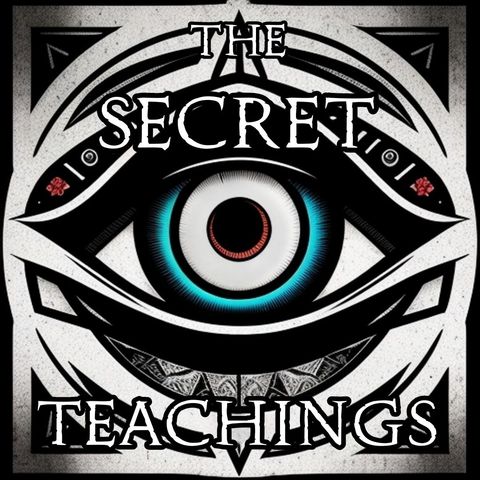Abortion is such a controversial topic that a simple uttering of the word invokes reflex political, emotional, and often hysterical reactions from all polarities. With the SCOTUS about to decide a landmark case in Dobbs v. Jackson Women's Health that could overturn part or all of Roe vs Wade (1973), pro-abortion advocates have lost their minds. On the flip side, Oklahoma, Kentucky, and Florida have passed similar abortion bans after 15-weeks. Arizona has done the same recently, as did Texas in 2021. States like California, New York, Oregon, and Washington are doing the opposite, even suggesting that a baby dying after birth can be considered an 'abortion'. Since abortion cut-offs in states are not outright bans, and there are further exceptions, one could determine that abortion practitioners are more upset they will not be able to acquire more fully developed bodies for experimentation, sale, or sacrifice - making the divinity of female akin to a breeding machine. What about rape and incest? Well, there are 25,000 rape pregnancies a year in the U.S., and few come to term in comparison with the millions of other viable pregnancies that are not lost or terminated, but actually encouraged to be aborted by eugenics groups like Planned Parenthood. Besides, a 15 week ban doesn’t ban rape and incest abortions before the 3+ month cutoff. Also, PP is the number one killer of black people in the U.S. and additionally, virtually nobody wants to discuss the lasting psychological and physiological consequences of abortion. One root source of the issue is also cultural. Encouraging promiscuity and abortion is depraved and those supporting such an ideology are also proponents of encouraging gender and sex reassignment. In both cases, the potential for a new life is extinguished and eugenicists see their vision manifest in the name of women's rights. Since April begins the 'burning season' of sacrifice, it seems appropriate to discuss such a topic on Good Friday. After all, what if Jesus were aborted?
show less

